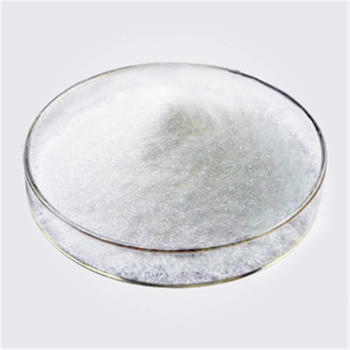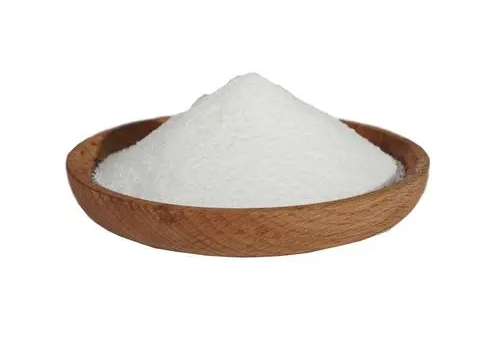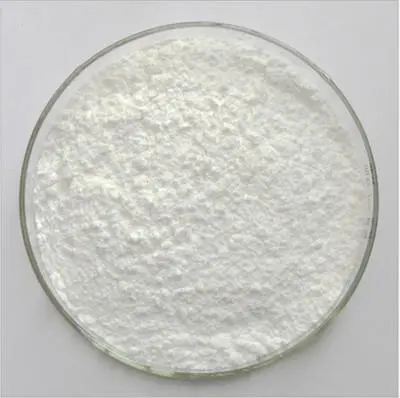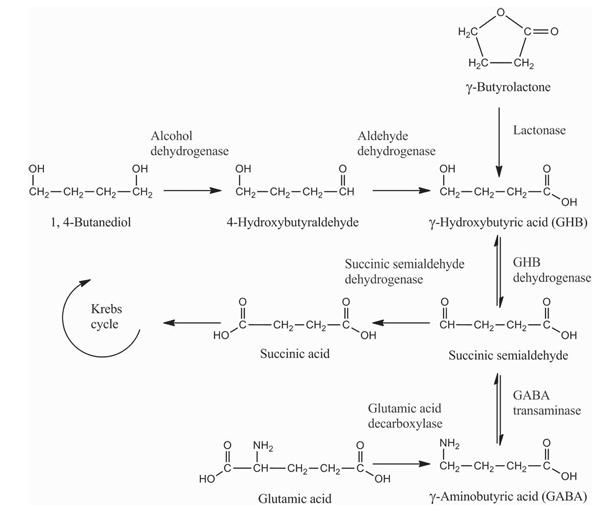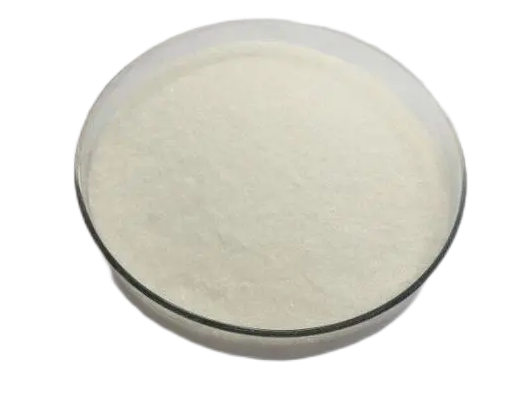In pharmacology, a drug is a chemical substance, typically of known structure, which, when administered to a living organism, produces a biological effect. A pharmaceutical drug, also called a medication or medicine, is a chemical substance used to treat, cure, prevent, or diagnose a disease or to promote well-being. Traditionally drugs were obtained through extraction from medicinal plants, but more recently also by organic synthesis. Pharmaceutical drugs may be used for a limited duration, or on a regular basis for chronic disorders.
Andarine:a selective androgen receptor modulator
Andarine (S4) is a selective androgen receptor modulator (SARM), researched for muscle-related conditions, but controversial in fitness due to safety concerns.
Dec 8,2023 DrugsIndapamide: uses; side effects; and more
Indapamide, a 'water pill,' is used to reduce the swelling and fluid retention caused by heart disease. It also is used to treat high blood pressure.
Dec 7,2023 DrugsQ:Does Amprolium Hydrochloride have any effect on human health?
A:Yes, it can cause adverse reactions such as contact dermatitis and asthma. Adverse reactions of anorexia or diarrhoea are rare and occur mainly with high doses and prolonged use.
Dec 7,2023 DrugsDiclazuril: Introduction;Administered;Mechanism of action
Diclazuril is a less toxic, orally administered triazine antiprotozoal. It is widely used in veterinary medicine as a feed additive and veterinary drug. It is registered for oral use in broilers and l
Dec 7,2023 DrugsImidocarb dipropionate: uses;drug delivery;side effects;drug interactions
Imidocarb dipropionate is a carbenamide derivative with antiprotozoal activity for veterinary use only. It is the most commonly used drug for the treatment of liverworm infections and is also used to
Dec 7,2023 DrugsTiamulin fumarate:Introduction; Commercial Availability;Interaction
Tiamulin hydrogen fumarate is a semisynthetic derivative of the diterpene antibiotic pleuromutilin and is effectively used in the treatment of airsacculitis, which is primarily caused by Mycoplasma s
Dec 7,2023 DrugsGamma-Butyrolactone:an industrial solvent
Gamma-Butyrolactone is an industrial solvent with diverse applications, from cleaning to paint stripping, with notable regulatory restrictions.
Dec 6,2023 DrugsPharmacokinetic and bioequivalence study of cefprozil suspension granules
Cefprozil is an oral second-generation semisynthetic cephalosporin with broad-spectrum antibacterial activity.
Dec 1,2023 DrugsQ:What is the mechanism that causes paclitaxel resistance?
A:Mechanisms of resistance to paclitaxel have also been extensively studied, such as overexpression of ABC transporters, altered expression of signalling apoptotic genes to resist cell death, and microt
Dec 1,2023 DrugsCeftriaxone sodium: Uses,Side effects,Interaction
Ceftriaxone sodium is a third-generation cephalosporin antibiotic with high activity against many Gram-negative bacteria and some activity against most Gram-positive bacteria.
Dec 1,2023 Drugs




